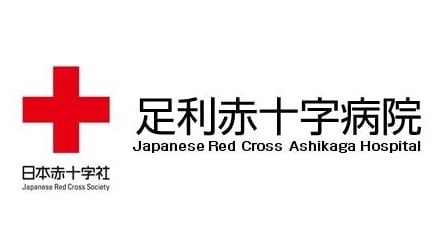Ophthalmology Department
Department Overview
Our department is dedicated to the care of our patients' eyes, with a focus, of course, on the quality of their vision. One can only see clearly if the cornea, lens, vitreous body, retina and nerves of the eye are all healthy and functioning normally. But each of these parts has its own illnesses and conditions that can affect it, striking people of any age. As the principal major hospital of the Ryomo region, we strive to boost our ability to treat a broad spectrum of eye and vision disorders.
Ophthalmology begins with testing, and besides the standard equipment for testing vision and field of vision, we also have an OCT scanner (Optical Coherence Tomography) which allows for clear imaging of the layers of the retina through non-invasive techniques.
We also put effort into treatment. Besides standard treatment procedures for cataracts, we also can treat age-related macular degeneration (ARMD), a condition that is gathering more attention lately, with VEGF inhibitors directly injected into the vitreous body. For some unusual, highly-specialized disorders requiring urgent care (such as a detached retina), we may refer patients for treatment at other facilities.
Patients being treated for cataracts or VEGF inhibitor injections are handled on an inpatient basis. Typically, our hospital handles cataract procedures – by far the most common – with one-night inpatient stay.
For retinal tears, diabetic retinopathy, or treatments for post-op cataract complications, we can treat these on an outpatient basis using lasers and other techniques. At the same time, however, we are currently preparing to handle a broad spectrum of symptoms such as glaucoma procedures and vitreous surgeries for epiretinal membrane and macular hole. Many other eye conditions, such as adenoviral keratoconjunctivitis (AKC), optic neuritis, uveitis and others requiring a drug regimen can be handled on an inpatient basis.
The number of ophthalmology physicians reduced from three physicians to one since April 2018, and we apologize for any inconvenience this may cause. Yet, all of the staffs will strive hard in order to contribute to regional medical care by handling a broad range of eye and vision disorders.
